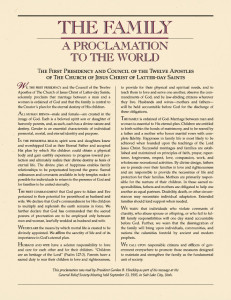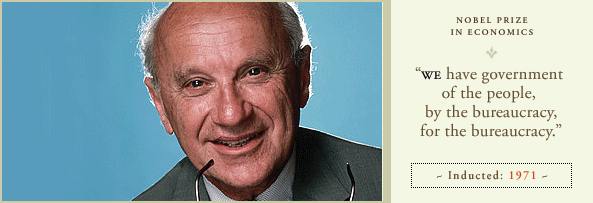
“The liberal party said that in Russia everything is wrong, and certainly Stepan Arkadyevitch had many debts and was decidedly short of money. The liberal party said that marriage is an institution quite out of date, and that it needs reconstruction; and family life certainly afforded Stepan Arkadyevitch little gratification, and forced him into lying and hypocrisy, which was so repulsive to his nature. The liberal party said, or rather allowed it to be understood, that religion is only a curb to keep in check the barbarous classes of the people; and Stepan Arkadyevitch could not get through even a short service without his legs aching from standing up, and could never make out what was the object of all the terrible and high-flown language about another world when life might be so very amusing in this world… He read the leading article, in which it was maintained that it was quite senseless in our day to raise an outcry that radicalism was threatening to swallow up all conservative elements, and that the government ought to take measures to crush the revolutionary hydra; that, on the contrary, ‘in our opinion the danger lies not in that fantastic revolutionary hydra, but in the obstinacy of traditionalism clogging progress,’ etc. etc.”
-Leo Tolstoy, Anna Karenina


